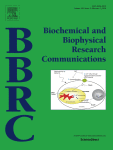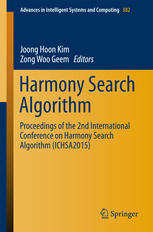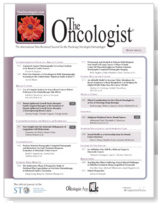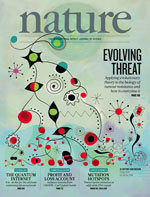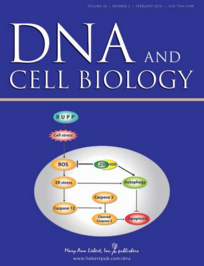 Journals have retracted two papers after realizing that they contain “nearly identical” abstracts and introductions, published only months apart.
Journals have retracted two papers after realizing that they contain “nearly identical” abstracts and introductions, published only months apart.
The two retracted papers, along with a third that also contains similar text, all conclude that a certain polymorphism could signal a risk for coronary artery disease among Chinese people, though each paper presents different data. The papers do not have any authors in common; the first authors are all based at different hospitals in China. The editor in chief of one journal told us that some of the reviewers did not use institutional email addresses, which leaves open the possibility that they were fake emails, and the peer-review process was compromised.
Here’s the first retraction notice, for “Fibroblast growth factor receptor 4 polymorphisms and susceptibility to coronary artery disease,” published in DNA and Cell Biology. The notice states the paper contains:
Continue reading Journals retract two heart papers with “nearly identical” abstracts


